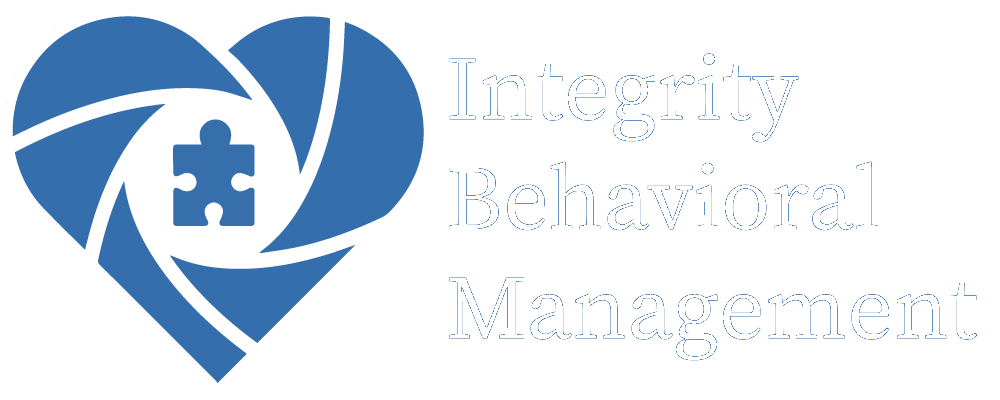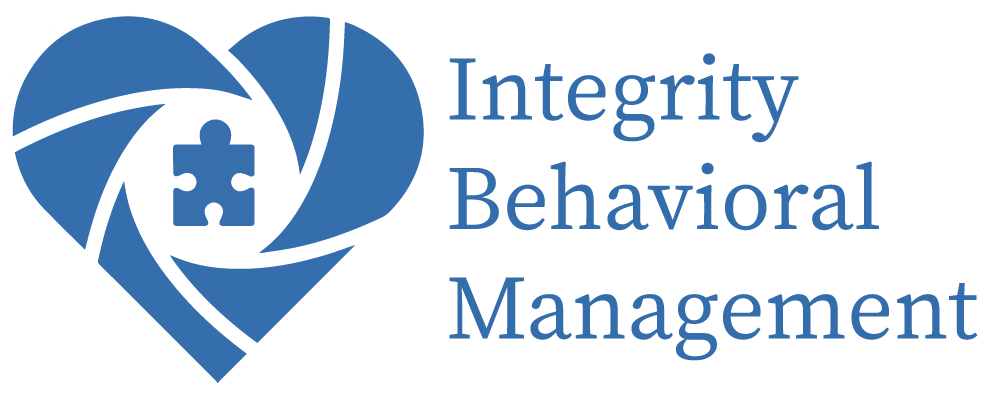Outpatient programs and support groups can be effective for many people seeking help with addiction. However, in some cases, a more intensive approach is needed. Residential treatment for addiction provides a comprehensive and immersive environment for individuals struggling with severe substance abuse issues.
This article will explore the situations in which residential treatment becomes an essential step on the path to recovery. It will help individuals and their loved ones make informed decisions about the most appropriate level of care.
Understanding the Severity of Addiction
When addiction becomes severe, it can profoundly impact an individual’s life, making residential treatment a necessary step towards recovery.
If you’re struggling with a substance use disorder that significantly impairs your daily functioning and quality of life, it’s crucial to recognize the severity of your condition.
Residential treatment offers a structured and supportive environment that can help you overcome addiction when traditional outpatient treatments have failed to yield positive results.
It’s particularly beneficial if you’re at risk of self-harm, suicide, or experiencing severe emotional trauma.
Identifying the Need for a Structured Environment
If you’re at high risk of self-harm, haven’t responded to outpatient treatments, or are facing severe emotional trauma, a structured environment may be necessary. This is particularly true if you have co-occurring mental health disorders that require comprehensive care.
Residential treatment offers focused healing and rehabilitation, especially if you lack natural support systems. It provides dedicated oversight and resources to address complex diagnostic or treatment issues.
If your addiction has reached a point where it significantly impairs your functioning and well-being, a structured environment in residential treatment can be crucial for effective recovery.
Addressing Co-Occurring Mental Health Disorders
Approximately 50% of people with substance use disorders also experience co-occurring disorders, making integrated treatment crucial for effective recovery.
You’ll find that individualized care plans in residential facilities often include therapeutic modalities like CBT and family therapy, which are designed to address both addiction and mental health issues simultaneously.
The structured setting promotes a safe space for you to confront and work through your psychological challenges, reducing the risk of relapse due to unmanaged mental health problems.
With access to 24/7 support, residential treatment allows for immediate intervention when mental health crises occur, ensuring your safety and emotional well-being.

Severe Withdrawal Symptoms
When you abruptly stop using substances like alcohol, opioids, or benzodiazepines, you may experience intense anxiety, tremors, nausea, and even life-threatening seizures.
If you’re at risk of severe complications like delirium tremens during alcohol withdrawal, 24/7 medical supervision in a residential setting is crucial.
Residential treatment facilities offer medically supervised detox programs to safely manage and alleviate your withdrawal symptoms, ensuring stability before engaging in further therapy.
It’s important to note that if you’ve had severe withdrawal symptoms in the past, you’re more likely to relapse without the structured support of residential treatment.
Failed Outpatient Treatment Attempts
If you haven’t responded well to outpatient care, a structured residential program offering 24/7 support in a therapeutic environment may be beneficial.
If you’ve relapsed after outpatient treatment, the immersive nature of residential treatment programs can help address underlying issues contributing to your addiction.
Factors like co-occurring mental health disorders and severe withdrawal symptoms, which outpatient settings may not adequately manage, can also necessitate a transition to residential care.
Spending more time in residential treatment, often over 90 days, leads to better long-term recovery outcomes compared to outpatient care alone.
Who Should Consider Residential Addiction Treatment
If you’ve attempted outpatient therapies without success, or if you’re dealing with co-occurring mental health disorders, residential treatment can provide the comprehensive care and support you need.
It’s also an essential option if you’re at risk of self-harm, lack a supportive home environment, or face significant social isolation.
Residential treatment is particularly beneficial for those experiencing severe withdrawal symptoms or with a history of relapse, as it offers round-the-clock medical and emotional support.
Final Thoughts from Integrity Behavioral Management
For individuals struggling with severe addiction, co-occurring mental health disorders, a history of failed outpatient attempts, or unsafe living environments, Integrity Behavioral Management’s residential treatment program in New Orleans provides a glimmer of hope.
Our comprehensive program offers a structured environment, round-the-clock support, and a wide range of therapeutic interventions tailored to your specific needs. By removing you from the triggers and stressors of everyday life, we create a safe and supportive space where you can concentrate solely on healing and building a foundation for lasting sobriety.





